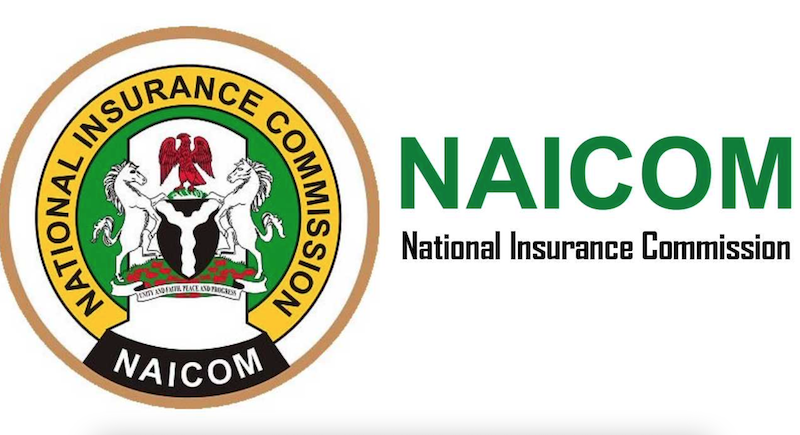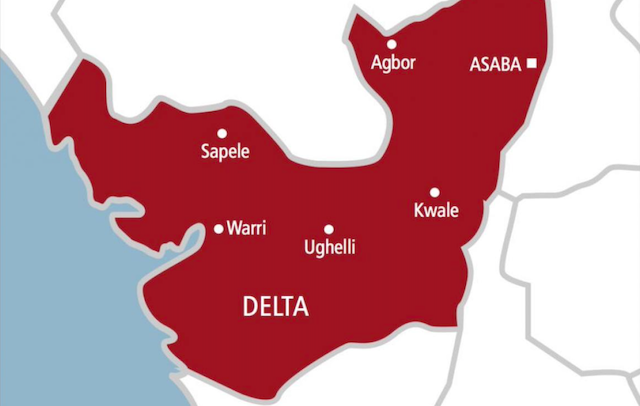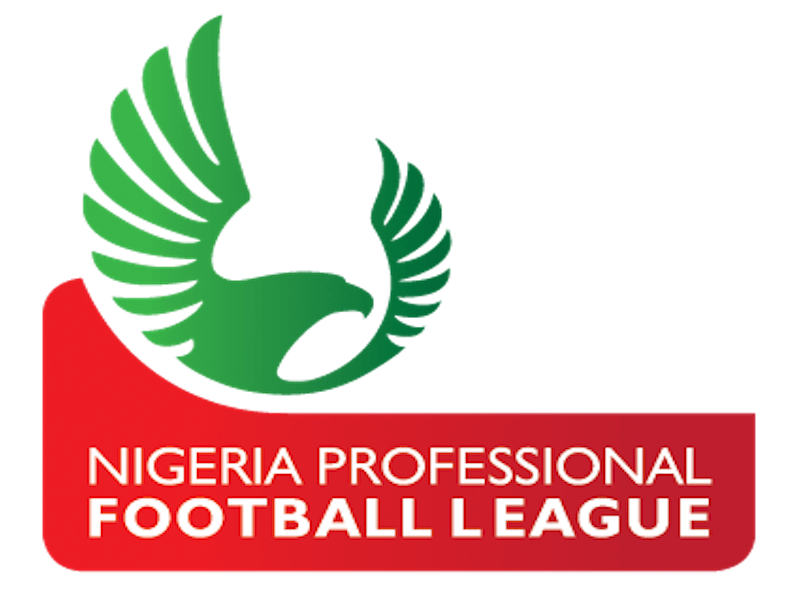By Olatunbosun Aiyedun
The financial landscape of any country is typically dominated by two powerful sectors: banking and insurance. Globally, insurance companies are often larger and more influential than banks, but this trend does not hold in Nigeria, where banks have a significantly stronger presence than insurance companies. This article aims to explore the reasons behind this divergence, backed by facts and figures, and a comparative analysis of Nigeria and other global markets.
Global Perspective: Why Insurance companies outpace banks
Globally, insurance companies often have larger asset bases than banks due to the long-term nature of their business models and their role in the financial ecosystem.
1. Long-term asset accumulation: Insurance companies, particularly life insurers, manage vast sums of money through premiums paid by customers. These funds are invested in various asset classes, including government bonds, equities, and real estate. Because life insurance policies can span decades, these companies have the opportunity to accumulate and invest substantial assets. In contrast, banks typically deal with shorter-term liabilities, such as deposits and loans.
According to Willis Towers Watson’s Global 500 Report (2022), the largest insurance companies in the world manage over $10 trillion in assets, with companies like Allianz, AXA, and Ping An holding substantial portions of this figure.
2. Economic stability and regulatory framework: In more mature economies, insurance companies operate under a strong regulatory framework that promotes stability and growth. Their ability to withstand financial crises is often greater than that of banks, as they have diversified investment portfolios and less exposure to short-term market volatility. According to James Vickers, Global Insurance Review, 2021, “The global insurance industry is less prone to systemic risk compared to banks, which rely heavily on liquidity and short-term capital.”
3. Demographic and economic factors: In developed economies, the demand for life, health, and property insurance is high. With ageing populations and higher disposable incomes, people tend to seek long-term financial security through insurance products. This trend has led to insurance companies holding larger market shares compared to banks in many countries.
Nigerian context: Why banks dominate over insurance companies
In Nigeria, however, banks are significantly more powerful and larger than insurance companies, both in terms of assets and market influence. There are several reasons for this:
1. Lack of Insurance Penetration: Insurance penetration in Nigeria is remarkably low. According to a 2021 report by Africa Rep, insurance penetration in Nigeria is only 0.5% of GDP, one of the lowest in Africa. This compares to South Africa’s 13% and Kenya’s 2.9%. Low insurance penetration is primarily due to a lack of awareness, distrust of insurance companies, and the informal nature of the Nigerian economy.
As Tunde Popoola, Managing Director of CRC Credit Bureau, wrote in 2022, “The Nigerian insurance industry has struggled with a credibility problem for decades. Many Nigerians do not believe that insurers will pay claims, which has led to a reluctance to take out policies.”
2. Dominance of the banking sector: Nigerian banks have historically had a larger footprint in the economy due to their role in facilitating trade, commerce, and payments. Banks like First Bank of Nigeria, Zenith Bank, and Guaranty Trust Bank are giants in the Nigerian financial system, with vast networks, customer bases, and product offerings.
According to the Central Bank of Nigeria (CBN) 2022 report, Nigerian banks hold over 60% of the country’s financial assets, while the insurance industry holds less than 5%. For example, the total assets of the Nigerian banking sector were approximately ₦60 trillion ($130 billion) as of 2022, whereas the entire insurance sector had assets of around ₦2 trillion ($4.4 billion).
3. Cultural and economic barriers: Many Nigerians do not see insurance as a necessity, particularly in rural areas, where informal saving mechanisms dominate. In addition, Nigeria’s relatively young population—over 60% of the population is under the age of 25—does not prioritize life insurance or other long-term financial security products.
As Bisi Lamikanra, Partner at KPMG Nigeria, noted in her 2020 report on Financial Services in Africa, “In Nigeria, there is a cultural preference for holding assets in physical forms such as land or property rather than using formal financial products like insurance. This makes it difficult for the insurance industry to grow at the same pace as banking.”
4. Regulatory and structural challenges: While banks in Nigeria are subject to stringent regulation by the CBN, the insurance sector has faced regulatory challenges. The National Insurance Commission (NAICOM) has been working to reform the sector, but progress has been slow. The recapitalization exercise initiated by NAICOM in 2020 to strengthen the industry has faced delays and resistance from insurance operators, further hampering the growth of the industry.
According to NAICOM’s 2021 report, only 16 of Nigeria’s 58 insurance companies met the new minimum capital requirements. This lack of capitalization has limited the ability of Nigerian insurers to compete effectively with banks for market share.
5. Focus on short-term gains: Banks in Nigeria are highly profitable, focusing on high-interest loans, currency exchange, and government securities, which offer quick returns. In contrast, insurance companies, which typically have a longer horizon for returns, struggle to compete in an economy where short-term profitability is prioritized.
As noted by the CBN’s 2022 Annual report, the banking sector in Nigeria enjoyed a return on equity of over 20%, one of the highest in Africa, driven by high lending rates and significant investments in government debt securities.
Comparative analysis: Nigeria vs. Global markets
In developed economies like the U.S. and Europe, the insurance industry plays a much more significant role than it does in Nigeria. In the U.S., the largest insurer, MetLife, has a market capitalization of $52 billion as of 2022, compared to JPMorgan Chase, the largest bank, with a market capitalization of $400 billion. While banks are larger in market capitalization, insurance companies like MetLife and Prudential hold massive asset bases due to the long-term nature of their business.
In Europe, Allianz, the largest insurer, manages assets worth over $1 trillion, which exceeds the asset bases of many European banks. The key difference between markets is that the U.S. and Europe compared to Nigeria is the maturity of the financial systems and the integration of insurance into everyday life.
As noted by Richard Ward, CEO of Lloyd’s of London, in his 2021 book The global Insurance market: trends and future directions, “In developed markets, insurance is deeply integrated into both the personal and corporate spheres. People insure their lives, their homes, their health, and their businesses, creating a massive flow of premiums that fund the industry’s growth.”
In contrast, the Nigerian insurance market is still in its infancy, with less than 2% of the population holding any form of insurance. This lack of integration limits the growth of the insurance sector compared to banks.
Lessons to Learn and the Future of Nigerian Insurance
1. Increase in financial literacy: One of the biggest obstacles facing the Nigerian insurance industry is the lack of financial literacy. To grow, insurance companies must invest in educating the public about the benefits of insurance. This can be achieved through public awareness campaigns, partnerships with NGOs, and inclusion in school curricula.
2. Leveraging technology: Fintech has transformed banking in Nigeria, with mobile banking and payment systems like Flutterwave and Paystack revolutionizing the financial ecosystem. Insurance companies can adopt similar innovations by offering mobile-based insurance products that are accessible to Nigeria’s largely unbanked population.
According to Ernst & Young’s 2022 report on the Future of Financial Services in Africa, “Mobile-first solutions are the future of both banking and insurance in Africa. Companies that embrace technology will lead the next phase of financial inclusion.”
3. Regulatory reforms: For the Nigerian insurance industry to catch up with banks, regulatory reforms are essential. NAICOM must continue to push for recapitalization and stricter enforcement of minimum capital requirements. This will ensure that insurers can compete on a level playing field with banks and offer more robust financial products.
4. Partnerships between Banks and Insurers: Banks and insurers should consider forming strategic partnerships. Banks can offer insurance products to their vast customer base, while insurance companies can provide more comprehensive financial service packages that include savings, loans, and protection products.
Conclusion
Globally, insurance companies are often larger and more influential than banks due to their long-term asset accumulation, strong regulatory frameworks, and high levels of penetration in developed markets. However, in Nigeria, banks dominate the financial landscape due to low insurance penetration, cultural and economic barriers, and regulatory challenges.
The Nigerian insurance industry has significant growth potential if these challenges can be addressed. By increasing financial literacy, leveraging technology, and implementing regulatory reforms, insurance companies in Nigeria can begin to close the gap with banks and contribute more meaningfully to the country’s financial system.
All feedback to Olatunbosun Aiyedun, the humble village boy from Isanlu – Okun Land of Kogi State #aiyedunbosun@yahoo.com








